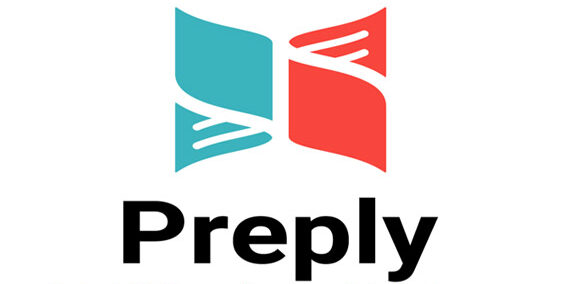
Spis treści
Getting social: the power of conversation in language learning
Language learning has always been an important skill to acquire, allowing individuals to communicate and connect with people from different cultures and backgrounds. While traditional methods of language learning focus on textbooks, grammar exercises, and vocabulary drills, there is an increasing recognition of the power of conversation in mastering a new language. In this article, we will explore how getting social and engaging in conversations can greatly enhance the language learning experience.
The benefits of conversation in language learning
1. Improved fluency and pronunciation: Engaging in conversations exposes language learners to native speakers’ pronunciation, intonation, and accent, helping learners to improve their own speaking skills and sound more natural.
2. Enhanced vocabulary: Conversations introduce learners to new words, phrases, and idioms, expanding their vocabulary and making them more proficient in their target language.
3. Gaining confidence: Regular conversation practice builds learners’ confidence in using the language in real-life situations, reducing their fear of making mistakes and encouraging spontaneous expression.
4. Improved cultural understanding: Through conversations, learners gain insights into the cultural nuances embedded in language. They develop a deeper understanding of the context in which the language is used, leading to more meaningful and accurate communication.
Ways to incorporate conversation into language learning
1. Language exchange programs:
Participating in language exchange programs is a fantastic way to engage in conversations with native speakers. These programs connect language learners from different countries who want to practice each other’s languages. Platforms like Tandem and ConversationExchange enable learners to connect with language partners worldwide and have meaningful conversations through texts, voice calls, or video chats.
2. Join language meetups and conversation clubs:
Many cities offer language meetups and conversation clubs where language learners gather to practice speaking in a social and supportive environment. These events provide an opportunity to meet new people, practice conversational skills, and even make friends with native speakers. Websites like Meetup often have language-related groups with regular conversation meetups.
3. Take part in online discussion forums and language communities:
The internet offers a wealth of online forums and communities dedicated to language learning. Platforms like Reddit’s r/languagelearning and Duolingo’s forum provide spaces where learners can engage in discussions, ask questions, and get feedback from a community of language enthusiasts.
Using technology to enhance conversation practice
Technology has revolutionized language learning by providing innovative tools and resources to facilitate conversation practice. Here are some notable examples:
1. Language learning apps:
Popular language learning apps like Duolingo, Rosetta Stone, and Memrise offer interactive features that allow learners to engage in conversations with virtual characters, helping them practice dialogue and improve their listening and speaking skills in a controlled environment.
2. Online language tutors:
Platforms such as italki and Preply connect learners with online language tutors who are native speakers of the target language. Learners can schedule conversational lessons with these tutors and receive personalized feedback and guidance to improve their language skills.
3. Language learning podcasts:
Listening to language learning podcasts, such as Coffee Break Languages and FluentU Podcasts, immerses learners in authentic conversations, helping them improve their listening comprehension and learn colloquial expressions commonly used by native speakers.
Conclusion
Mastering a new language requires more than just rote memorization of vocabulary lists and grammar rules. By embracing conversations and social interactions, language learners can develop not only their linguistic abilities but also a deeper understanding of the culture and context behind the language. The power of conversation in language learning cannot be underestimated, as it provides a dynamic and practical approach to language acquisition.
Frequently Asked Questions (FAQs)
1. How can conversations enhance language learning?
Conversations expose learners to native speakers’ pronunciation, expand their vocabulary, build confidence, and deepen cultural understanding.
2. Are there online resources for language exchange?
Yes, platforms like Tandem and ConversationExchange connect language learners worldwide for conversation practice.
3. Where can I find language meetups in my city?
Websites like Meetup often have language-related groups with regular conversation meetups.
4. What are some popular language learning apps?
Duolingo, Rosetta Stone, and Memrise are popular language learning apps.
5. How can online language tutors help in conversation practice?
Online language tutors provide personalized conversational lessons and feedback, helping learners improve their language skills.


